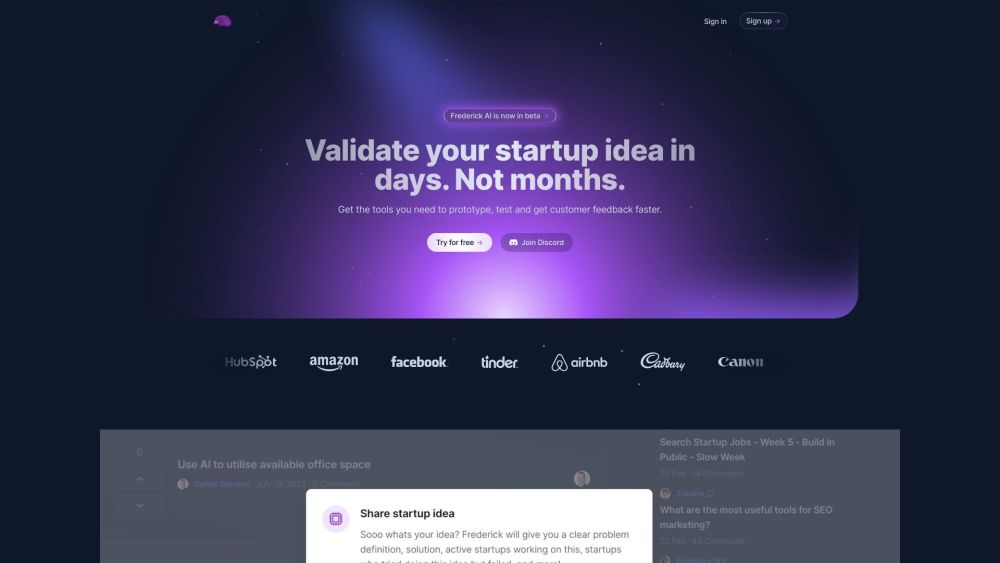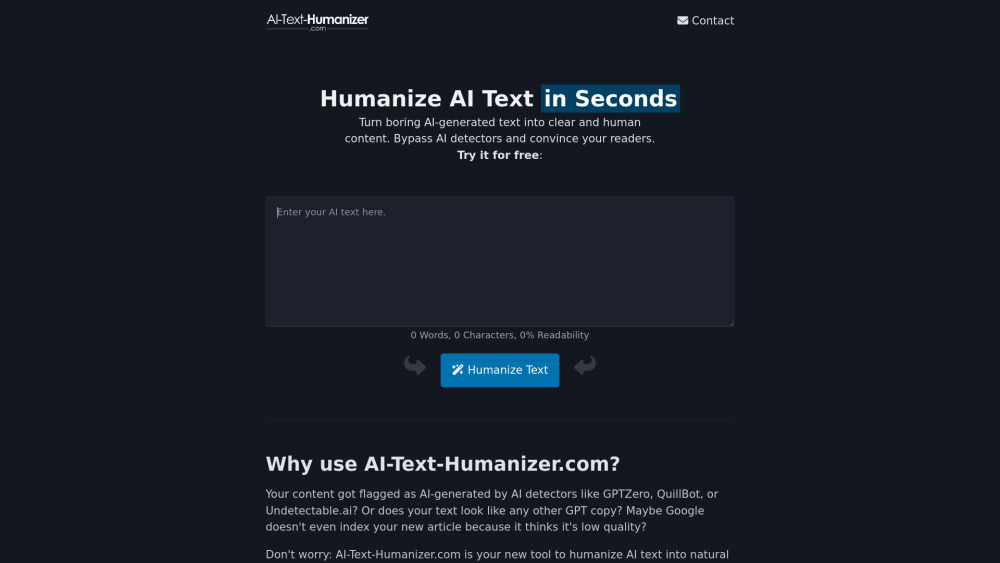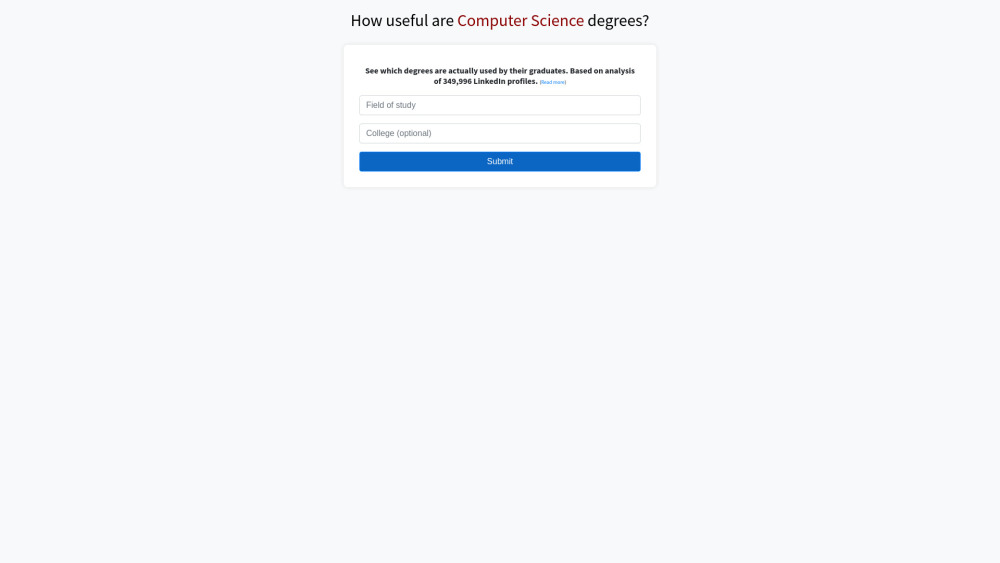Google's AI Model Developed to Predict Lung Cancer with Enhanced Accuracy
Most people like

Validating Your Startup Idea and Crafting an AI-Driven Business Plan
In today's competitive landscape, ensuring your startup idea resonates is crucial for success. By leveraging innovative AI tools, you can efficiently validate your concept and create a comprehensive business plan that stands out.

Introducing an exceptional free tool designed to transform AI-generated text into authentic, human-like writing. Perfect for content creators, marketers, and anyone seeking to enhance the readability and relatability of their AI content. Discover how this tool can elevate your writing today!

Unlocking the potential of AI-driven analysis, we explore the relationship between academic degrees and graduate career outcomes. Discover how advanced algorithms can provide insights into employment trends and help prospective students make informed decisions about their educational paths. Join us on this journey to understand how artificial intelligence is reshaping the landscape of career planning for graduates.
Find AI tools in YBX
Related Articles
Refresh Articles

